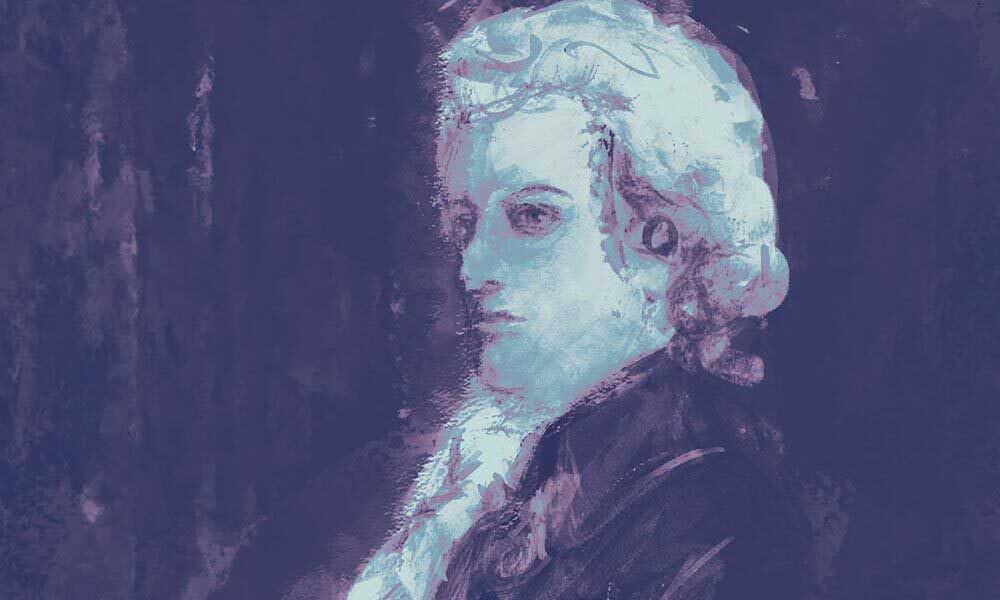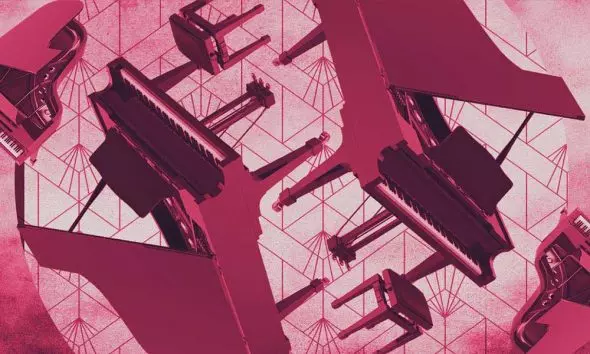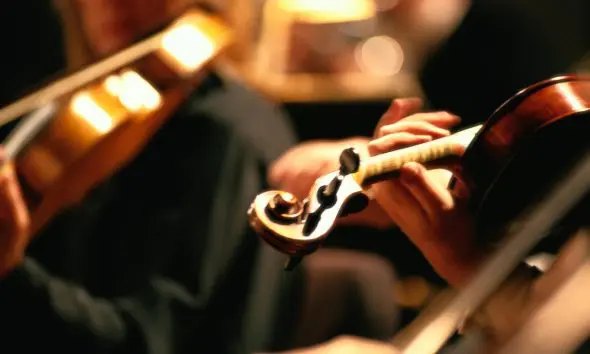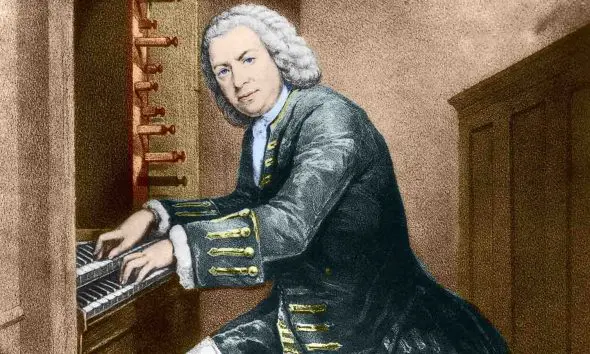Mozart’s Music Reduces Epilepsy More Than Haydn’s
Scientists tested the impact of listening to Mozart and Haydn on epileptic patients and found Mozart’s music more effective for treating epilepsy.

Listening to classical music has a wide range of health benefits including lowering blood pressure, reducing stress and improving the quality of sleep – but is some music more healing than others? Researchers at the Hospital St Anne and CEITEC Masaryk University in the Czech Republic tested the impact of listening to Mozart and Haydn on epileptic patients and found that listening to Mozart was more effective than Haydn’s in treating epilepsy. Their research was presented on 19 June 2021 at the 7th Congress of the European Academy of Neurology.
The concept that listening to Mozart’s music may have beneficial side-effects on mental health started with several ‘Mozart Effect’ findings in the 1990s.
The researchers tested the validity of the ‘Mozart Effect’ on 18 patients with epilepsy and found that listening to Mozart’s Sonata For Two Pianos in D major K. 488 reduced epileptiform discharges (EDs) – the electrical brain waves associated with epilepsy and which can cause seizures.
Click to load video
Mozart’s sonata reduced epileptic discharges
Professor Ivan Rektor, who led the study, said, “We have confirmed that Mozart’s Sonata reduced epileptic discharges that were measured directly in the brain. The study was carried out on patients with electrodes implanted in their brains who were due to undergo a neurosurgery. The electrodes were there to localize the place which was to be surgically removed.”
The scientists also wanted to establish whether listening to this particular Mozart piece was more beneficial than others for patients with epilepsy and chose the first movement of Haydn’s Symphony No. 94 to compare results. They noted, “We selected Haydn’s Symphony because it was composed in the same era and roughly the same style as Mozart’s. None of our patients had any musical training, so they didn’t really care whether they listened to Mozart or Haydn. We selected these two compositions because we wanted to test various acoustic parameters of the music, and we needed compositions that would be different in this respect.”
“Listening to Mozart led to a 32% decrease in EDs”
Professor Ivan Rektor said, “To our surprise, there were significant differences between the effects of listening to Mozart’s K448 and Haydn’s No. 94. Listening to Mozart led to a 32% decrease in EDs but listening to Haydn’s No. 94 caused a 45% increase.”
The study confirmed that the healing effect of music depends mainly on its acoustic properties, including rhythm, melody, tempo and harmony and that listening to Mozart’s sonata was more beneficial for patients with epilepsy. The scientists were also surprised to discover that the music affected women’s and men’s brains differently. They explained, “This is something we hadn’t expected at all. We found out that while Mozart’s composition reduced epileptic activity in both women and men, listening to Haydn’s composition reduced epileptic discharges only in women. In men, the epileptic activity increased.”
A follow-up study, using Magnetic Resonance Imaging, confirmed that certain parts of the brain were affected differently in men and women.
Epilepsy is a common neurological disorder affecting nearly one in one hundred people worldwide. Mostly it’s treated by drugs but they do not work for about 30 percent of patients.
The researchers hope that in future music could be used as an alternative, non-invasive treatment for epileptic patients.
Listen to the best of Mozart on Spotify.
Do you want to be the first to hear the latest news from the classical world? Follow uDiscover Classical on Facebook and Twitter.




